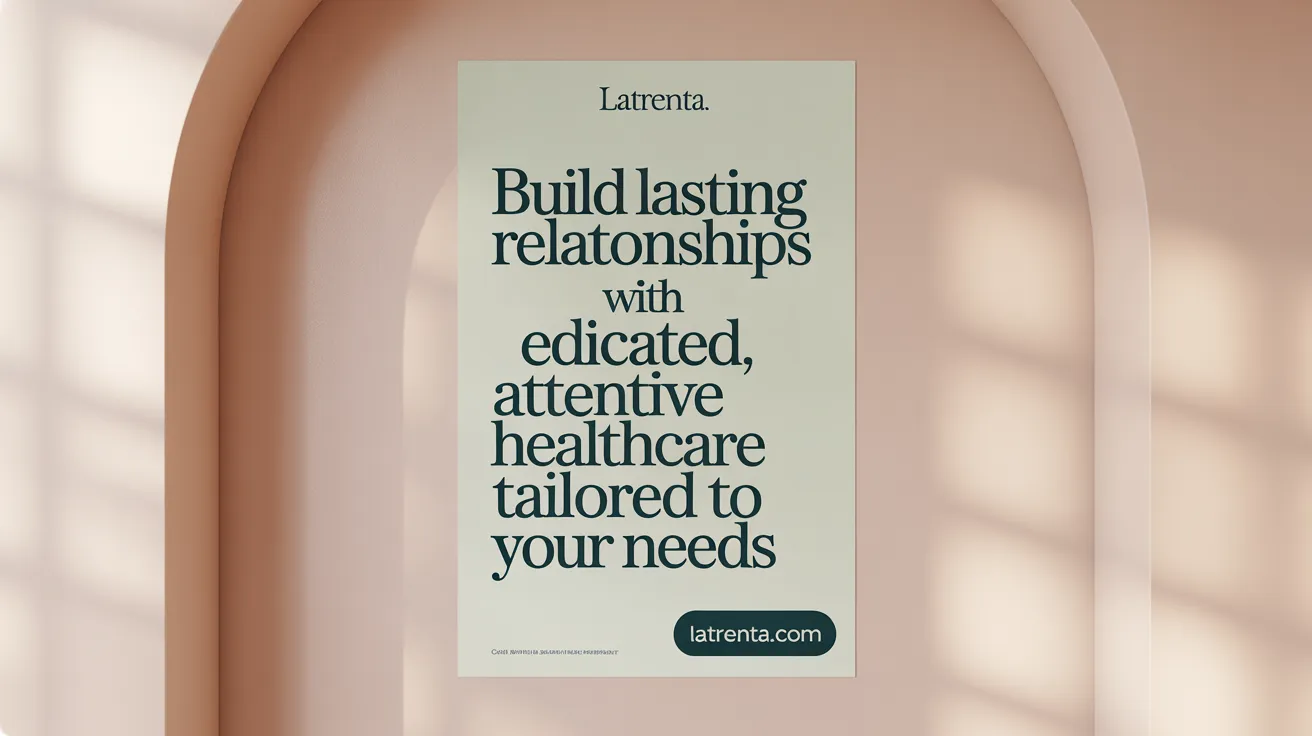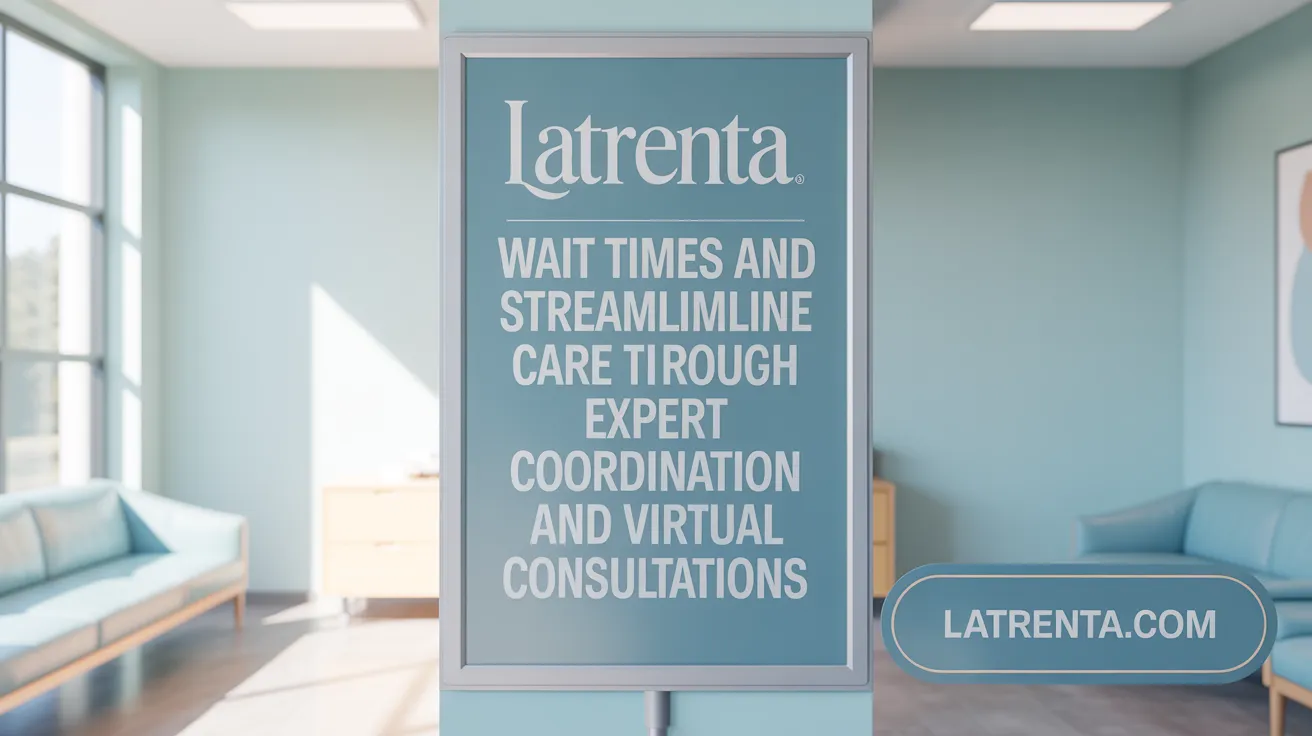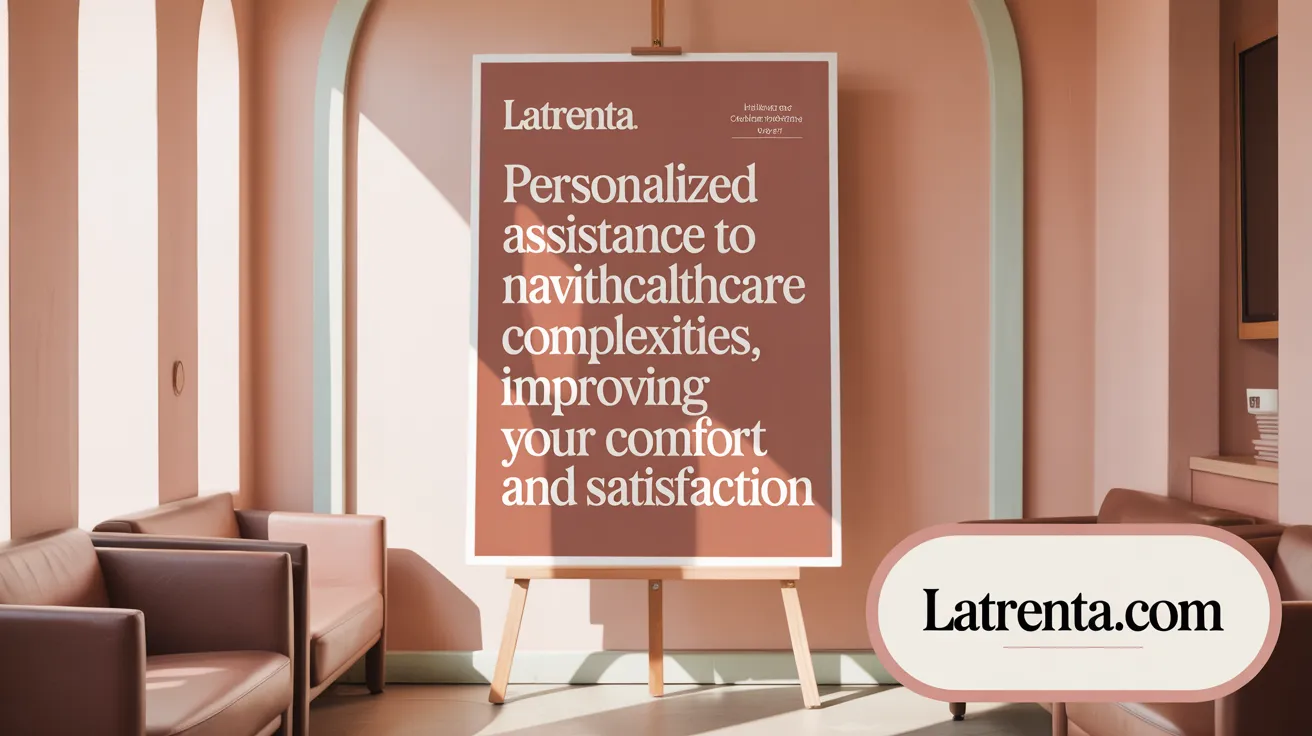Understanding the Concierge Medicine Model
Concierge medicine is a membership-based healthcare model that offers personalized, comprehensive care with unparalleled access and attention. Originating in 1996, this innovative approach limits patient panels, allowing physicians to provide extended appointments, proactive disease management, and enhanced communication. As healthcare continues evolving toward patient-centered services, concierge medicine exemplifies how tailored care can positively influence patient satisfaction and outcomes.
Concierge Medicine: Personalized Services Driving Patient Loyalty

What Are the Principles of Concierge Medicine?
Concierge medicine focuses on providing personalized, high-quality care by maintaining smaller patient panels—typically 300 to 600 patients—allowing physicians to dedicate more time and attention to each individual. Established in 1996, this care model prioritizes continuity, accessibility, and tailored healthcare services over volume. Patients pay an annual membership fee, usually ranging from $1,500 to $1,700, granting access to services often not covered by traditional insurance (Concierge medicine overview, Membership fees in concierge medicine, Concierge medicine membership fees).
How Does Concierge Medicine Improve Patient Satisfaction?
By limiting patient load, concierge physicians offer significantly longer appointments, often lasting 30 to 60 minutes compared to the usual 15-minute primary care visits. This extended time increases engagement, allowing providers to build trust and understand each patient's unique health goals and concerns. Patients report higher satisfaction due to personalized attention, amenities like private waiting areas, immediate appointments, and 24/7 availability via phone, email, or text (Patient satisfaction in concierge medicine, Concierge healthcare boosts patient satisfaction, Patient satisfaction definition). These factors promote stronger relationships and adherence to treatment plans (Patient satisfaction in concierge medicine, Trust and adherence in concierge care).
In What Ways Do Longer Appointments and Better Access Benefit Patients?
Longer consultation times enable thorough examinations, detailed discussions of preventive care, and creation of individualized treatment plans. Concierge patients often experience better management of chronic diseases and fewer hospitalizations. The model’s accessibility—with same-day or next-day appointments and direct physician contact—reduces delays and fosters proactive health management, contributing to improved overall experiences (Extended appointment times, Preventive care in concierge medicine, 24/7 physician access, Reduction in hospitalizations).
How Do Enhanced Communication Channels Support Patient Engagement and Trust?
Multiple communication modes, including phone, email, text messaging, and sometimes video, empower patients to reach their providers anytime for urgent or routine concerns. This continuous accessibility reassures patients and strengthens their trust in the care team. Personalized follow-ups, wellness coaching, and coordination with specialists further enhance engagement, reinforcing patients' active participation in their health (Improved patient satisfaction through better communication, Patient engagement and shared decision-making, Care coordination in concierge practices.
What Role Does Patient Engagement Play in Concierge Medicine?
Patient engagement is central to concierge care’s success. The model facilitates shared decision-making, allowing patients to express expectations and be involved in their care plans. This collaborative approach leads to greater adherence to treatments and higher satisfaction. Overall, concierge medicine builds lasting doctor-patient relationships grounded in trust, communication, and personalized service, fostering patient loyalty and better health outcomes (Building Strong Doctor-Patient Relationships, Patient satisfaction importance, Concierge Medicine Doctor-Patient Relationship Trust).
Enhanced Access and Convenience Through Concierge Services

What role does access to healthcare providers play in patient satisfaction within concierge models?
Access is a critical factor driving high patient satisfaction in concierge medicine. Unlike traditional practices, concierge doctors manage smaller patient panels—typically seeing six to eight patients daily—allowing them to provide more immediate and personalized attention.
Availability of Same-Day and Next-Day Appointments
Concierge care frequently offers same-day or next-day appointments, drastically reducing delays in obtaining medical care. This swift scheduling helps patients address health concerns promptly, enhancing peace of mind and engagement.
24/7 Physician Communication
A hallmark of concierge medicine is constant physician accessibility. Patients have direct, around-the-clock communication options via phone, email, or video calls, which supports timely guidance and reassurance at any hour.
Coordination with Specialists
Concierge physicians serve as coordinators for their patients’ broader healthcare needs, handling referrals and communication with specialists and hospital staff. This seamless coordination ensures that care remains continuous and comprehensive without added stress for patients. For more on care coordination, see Concierge Medicine Coverage.
Virtual Consultations and House Calls
The concierge model often includes virtual consultations and house calls, enabling efficient care delivery without requiring office visits, enhancing convenience and catering to patients’ preferences or needs.
Reducing Wait Times and Administrative Burdens
By limiting patient loads and streamlining administrative tasks, concierge services minimize wait times both for appointments and during office visits. This reduction in wait and administrative burden lets healthcare providers focus more fully on individualized patient care, which patients highly appreciate. For information on improving patient experience with reduced wait times, see Waiting Room Concierge Role.
Overall, concierge medicine’s emphasis on accessible, responsive care fosters stronger patient-physician relationships, significantly improving patient satisfaction and experience.
Preventive Care and Chronic Disease Management in Concierge Medicine
How does concierge medicine influence preventive care and chronic disease outcomes?
Concierge medicine strongly emphasizes preventive health by providing extended appointment times dedicated to personalized assessments and advanced screenings. This model enables physicians to focus on wellness consultations that often include nutrition counseling and fitness planning tailored specifically to each patient’s needs (Concierge Medicine Benefits.
Small patient panels in concierge practices allow for proactive monitoring and early detection of illnesses. This individualized attention supports better management of chronic conditions such as hypertension and diabetes. Patients typically experience more frequent visits—averaging around four per year—which facilitates continuous oversight and timely intervention (Concierge medicine overview, Concierge medicine patient satisfaction.
By improving chronic disease outcomes, concierge care has been associated with significant reductions in hospitalizations and emergency department visits, with some practices reporting declines of up to 40%. These reductions not only improve patient quality of life but can also lead to meaningful cost savings for the healthcare system (Impact of concierge medicine, Concierge healthcare boosts patient satisfaction).
Personalized wellness programs and access to integrated holistic services—including mental health support and alternative therapies—further enhance patient health and satisfaction, promoting long-term wellness and preventing complications (Concierge care membership-based healthcare).
In summary, concierge medicine’s focus on preventive care and chronic disease management fosters healthier patient populations and may contribute to lower overall healthcare costs through reduced acute care needs (Concierge medicine overview, Concierge Medicine Benefits.
Patient Concierge Services: Elevating the Healthcare Experience

What are patient concierge services and how do they affect satisfaction?
Patient concierge services are designed to offer personalized assistance with non-clinical tasks in healthcare settings. They help patients schedule appointments, complete paperwork, navigate complex hospital layouts, and stay informed about wait times and delays. This specialized support turns often stressful and impersonal experiences into more comfortable and customer-focused interactions, reducing patient anxiety and frustration (Patient Quality Improvement Efforts, benefits of patient concierge services).
How do concierge services assist with navigation and scheduling?
Concierge staff guide patients through hospital environments, helping them find their way to appointments or test locations. Additionally, they help coordinate scheduling to minimize wait times and manage patient flow efficiently. Innovative approaches, such as notification boards displaying real-time updates mimicking airport gate displays, keep patients informed about delays, fostering a sense of respect and transparency (Improving Patient Experience with Wait Times, Patient Satisfaction Improvement).
What impact do concierge services have on clinical staff?
By handling administrative and logistical duties, patient concierge services significantly reduce the non-clinical workload of nurses and medical staff. This allows clinicians to dedicate more time to direct patient care rather than managing paperwork or non-medical requests. For instance, studies suggest that delegating these tasks to concierge staff can save nurses approximately one hour per shift, improving overall workplace efficiency (Patient Experience, reducing nurse workload.
How do concierge services influence patient satisfaction and hospital efficiency?
The introduction of patient concierge roles has shown marked improvements in patient satisfaction scores, particularly in areas like wait times and communication about delays, with reported increases from 60% to nearly 90%. These improved experiences enhance patient perceptions of respect and engagement, contributing to stronger clinician-patient relationships. Moreover, streamlining non-clinical tasks results in better resource allocation and smoother hospital operations (Patient Satisfaction Improvement, Improving Patient Experience).
What competitive advantages do concierge services offer healthcare providers?
Implementing concierge services distinguishes healthcare providers by enhancing patient experience and satisfaction. This differentiation attracts and retains patients, fostering loyalty and encouraging referrals. Additionally, excellent concierge services improve hospital brand image, appealing to patients, investors, and partners who value high-quality, attentive care. Ultimately, concierge programs support sustainable growth through improved efficiency and a positive reputation (concierge services enhancing hospital efficiency, hospital brand image and concierge services.
Ethical and Economic Considerations Surrounding Concierge Medicine
What are the ethical and economic challenges of concierge medicine related to patient satisfaction?
Concierge medicine requires patients to pay annual membership fees that generally range from $1,500 to $10,000. While these fees support enhanced personalized care, extended physician availability, and more time per patient, they create economic barriers that may exclude lower-income populations.
This exclusivity raises ethical concerns about equitable access to healthcare. Critics argue that concierge medicine fosters a two-tier system, privileging wealthier patients and potentially worsening healthcare disparities. Moreover, by limiting physician panels to a smaller roster of patients, this model can reduce the number of doctors available to serve the general population in traditional primary care settings, thus exacerbating shortages.
On the economic front, concierge care shows promise in lowering hospitalizations and emergency visits through enhanced preventive care and better chronic disease management. However, out-of-pocket expenses for patients can increase, especially since membership fees are not covered by Medicare or most insurance plans.
Legal and billing challenges also arise, such as ensuring compliance with Medicare regulations and navigating allowable charges. Physicians must adhere to specific billing rules to avoid disputes over fees for covered and non-covered services.
There remains a need for further longitudinal research to assess the long-term health outcomes, cost-effectiveness, and policy impact of concierge medicine models. Such studies would help clarify whether the higher patient satisfaction and preventive focus translate into measurable improvements in overall healthcare quality and access.
The Future of Concierge Services in Enhancing Patient Satisfaction
Concierge medicine significantly enhances patient satisfaction by delivering personalized, accessible, and preventive care tailored to individual patient needs. The model fosters stronger physician relationships, better chronic condition management, and superior patient experiences through both clinical and non-clinical concierge services. However, balancing these benefits with ethical and economic considerations remains essential, as healthcare systems navigate accessibility and equity challenges. Continued research and thoughtful policy will help optimize concierge services' role in the evolving landscape of patient-centered healthcare.
